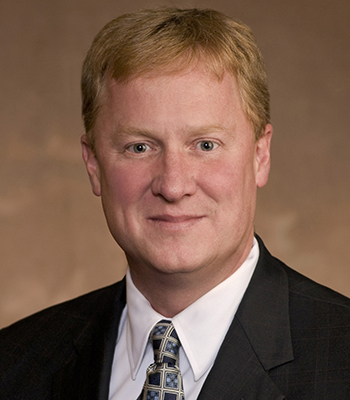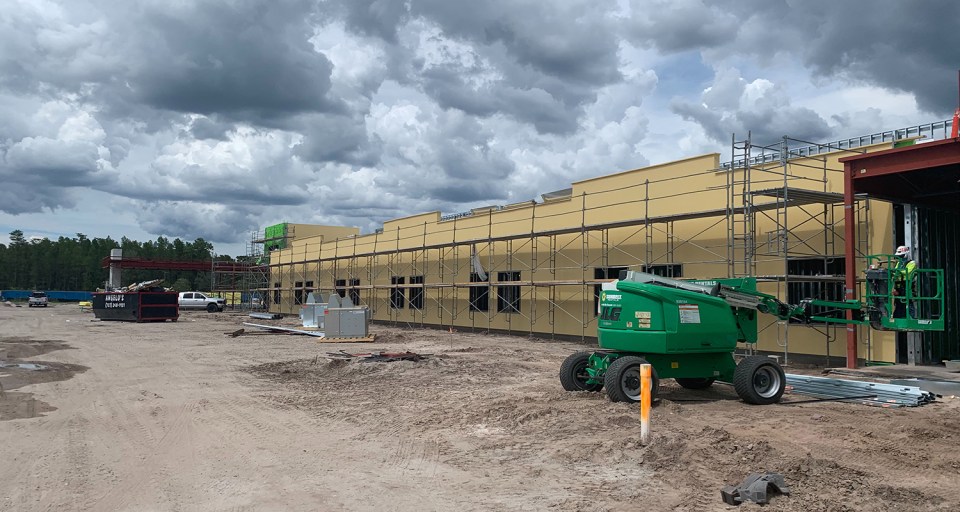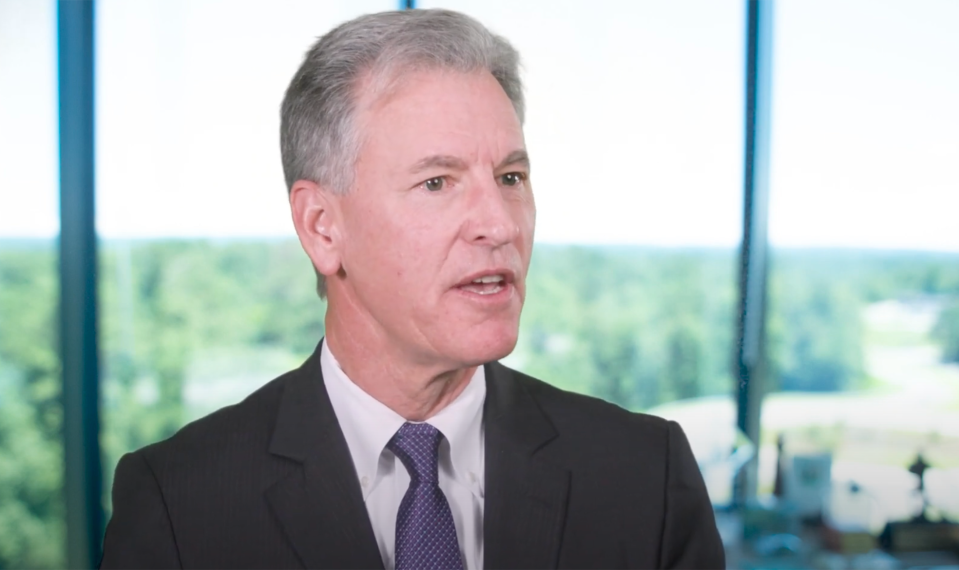Despite the pandemic, Encompass Health has continued to open new hospitals this year with more announcements coming. In a recent conversation with David Klementz, chief strategy and development officer, he discussed how development has only accelerated due to the need for the services we provide to an aging population.
Q. How has development been impacted by the COVID-19 pandemic?

Development Officer David Klementz
It really hasn’t thanks to our robust development pipeline. In fact, in some ways we have been able to accelerate our development efforts and prove that we are a valuable partner to our counterparts in acute care.
Since we offer a hospital level of care, we can take those higher acuity patients and free up beds in the acute hospitals. Unlike some other providers in post-acute care, we’ve been able to help some of our acute care partners by taking patients recovering from COVID-19 and providing them positive outcomes.
That’s the benefit of having a post-acute partner with a hospital level of care, and the COVID-19 pandemic didn’t create or change that; it’s nothing new to us and has always been a big part of our value proposition. In some ways, it has drawn attention to this fact, though, and further strengthened our reputation as a trusted provider in post-acute care.
Q. Will we meet our growth goals this year?
Yes. We’ve already opened three hospitals this year—all of which opened during the pandemic—and have another one scheduled to open later this year. So, we will meet our goal of opening four new hospitals this year.
What is even more exciting for the Company and the patients we serve is looking beyond 2020. In 2021, we will open the most new hospitals in a single year in company history, with eight already announced so far. Additionally, we expect to add to that number and are already looking toward 2022, 2023 and beyond.
We serve an aging population, and as that population continues to grow, so will the need for our services. We will be there to meet that need.
Q. How do we identify the markets for new hospitals?
A number of factors come into play—and it’s extremely methodical and calculated—but most importantly it helps us identify the need for our services and level of care in underserved markets. As mentioned, the aging population we treat is growing. As it does, so does the demand for our services.
Florida is still of very high interest to us. Since the repeal of the state’s IRF certificate of need law last year, we’ve been identifying markets where we can grow our footprint there. To date, we have 12 hospitals in Florida, and previously announced plans to build new hospitals in North Tampa, Naples, Clermont, Pensacola, St. Augustine, Cape Coral, Lakeland and Jacksonville. And we’re not done meeting the needs of the residents of Florida.
Q. What are the benefits of a partnership with Encompass Health?
A good joint venture partner can help you be more efficient with your core business. At Encompass Health, we have a long, successful history of doing just that.
We’ve been forming joint ventures for nearly three decades, and to date almost 50 of our 136 rehabilitation hospitals are joint ventures with a variety of acute care providers, including religious, academic and non-profit systems.
We know how to be a good partner, and that is a big part of our strategy. We know rehabilitation, and by taking that piece for our partners, they can better focus on their core business and we can leverage our tools, solutions, clinical protocols and operating efficiencies to provide best-in-class rehabilitation care for their patients.
Q. Speaking of strategy, do you foresee ours changing?
No. We’ll continue to be the leading integrated provider of post-acute services, and this public health emergency has reinforced that. A key goal for several years has been to invest in clinical and operational excellence. Our investments have allowed us to leverage several historical initiatives that have been crucial at this time. We wrote the book on infection control in the inpatient rehabilitation hospital setting, and our early investment in electronic medical records and data analytics is allowing us to create post-acute solutions to improve patient outcomes.
These aren’t new initiatives, but they are ones that set us apart in the post-acute space, and they are ones that we will continue to build upon during and after this pandemic.
The content of this site is for informational purposes only and should not be taken as professional medical advice. Always seek the advice of your physician or other qualified healthcare provider with any questions you may have regarding any medical conditions or treatments.



